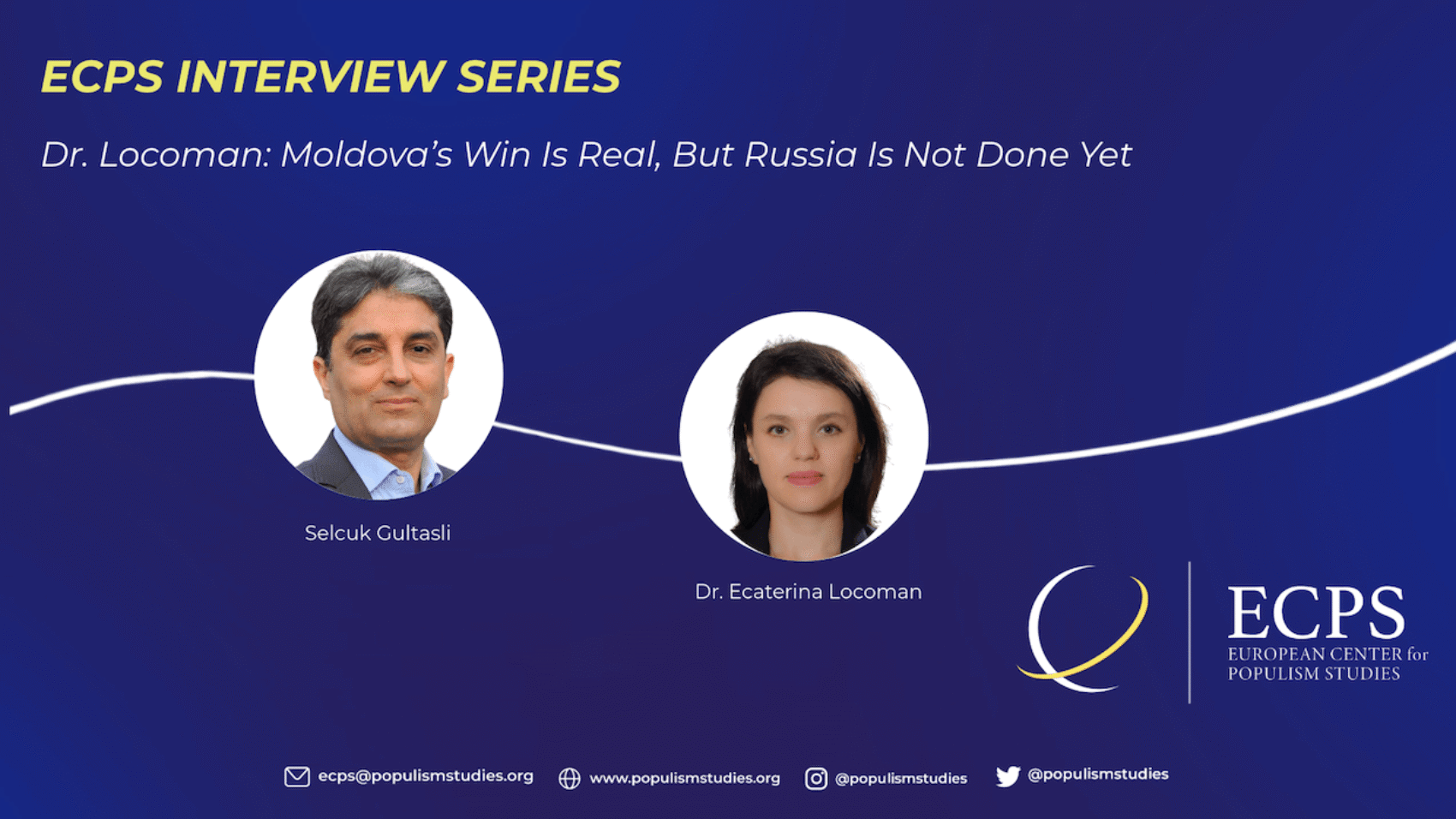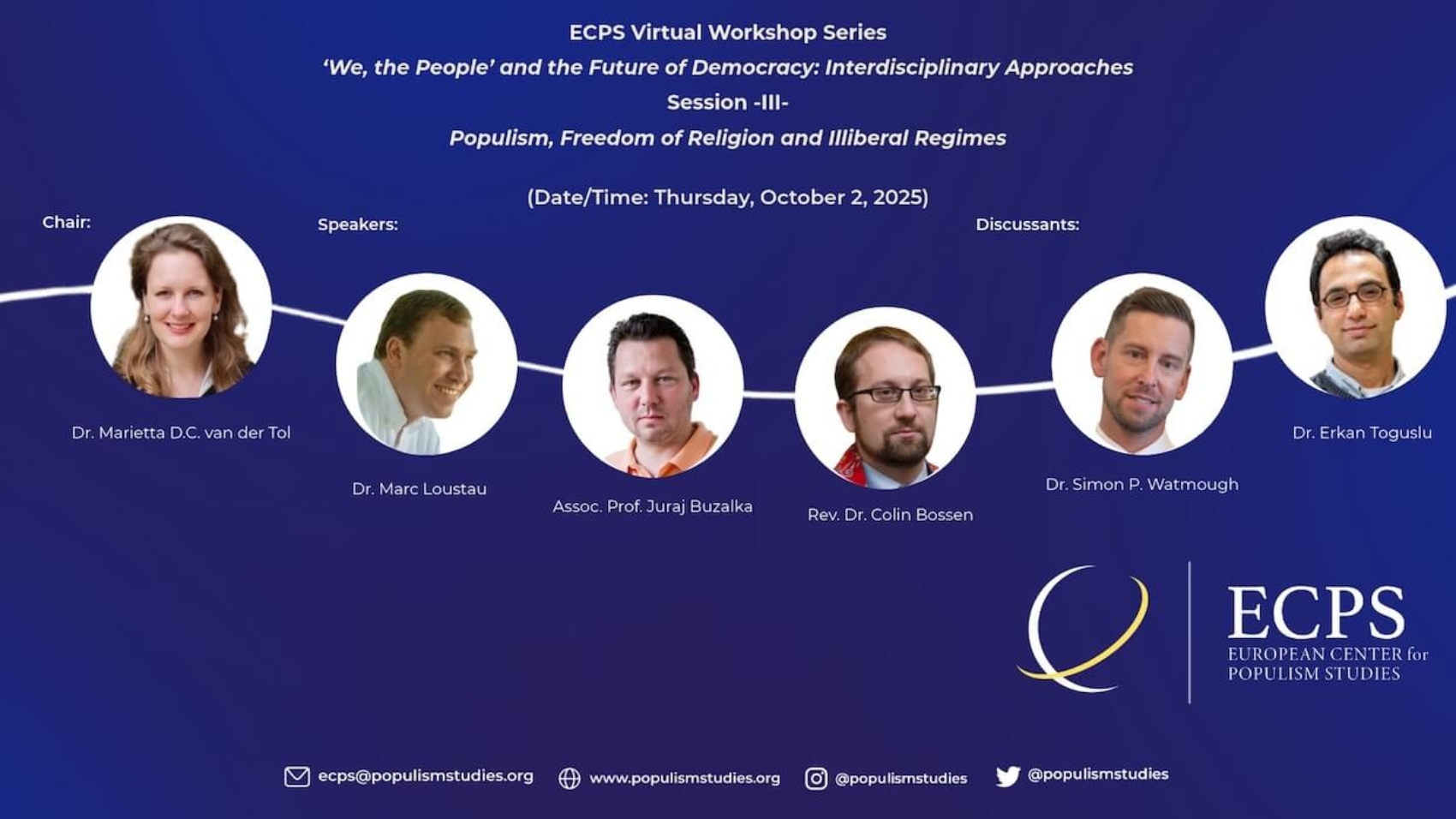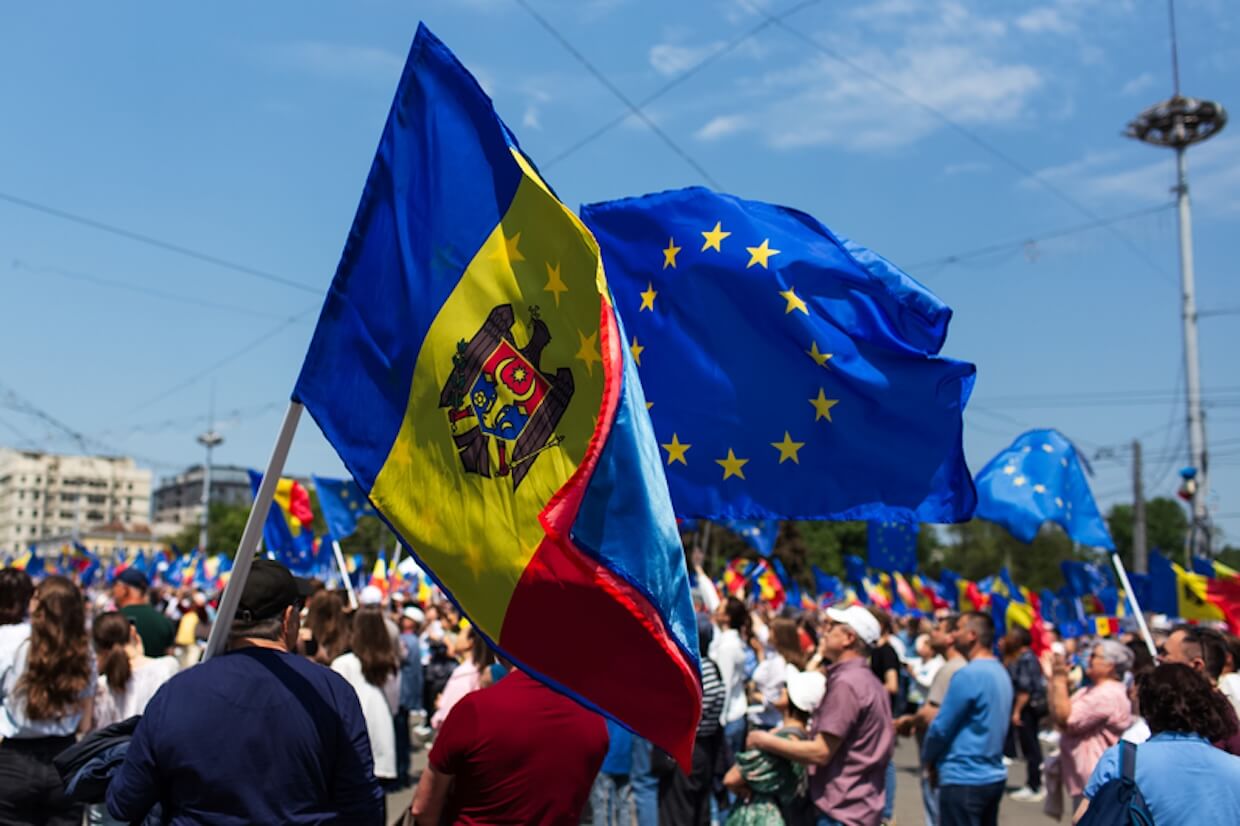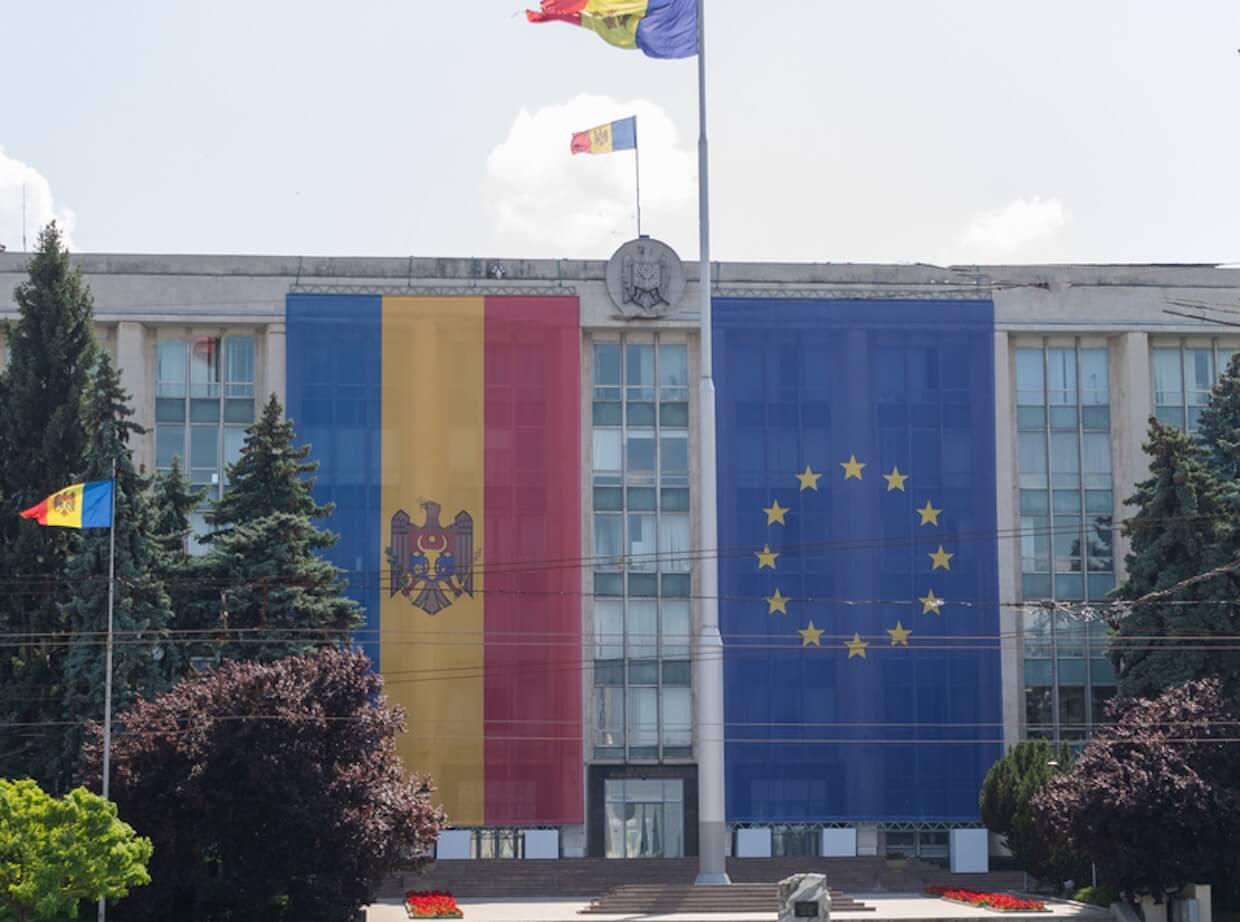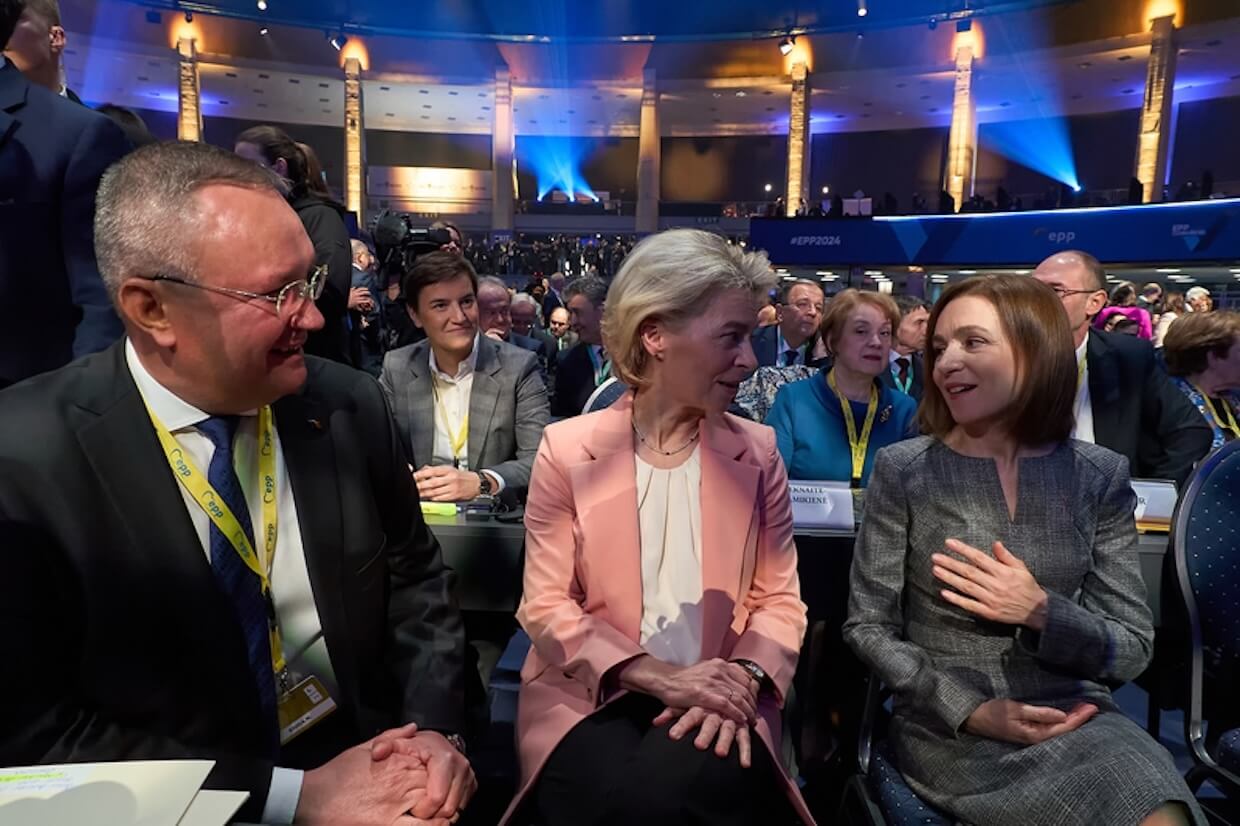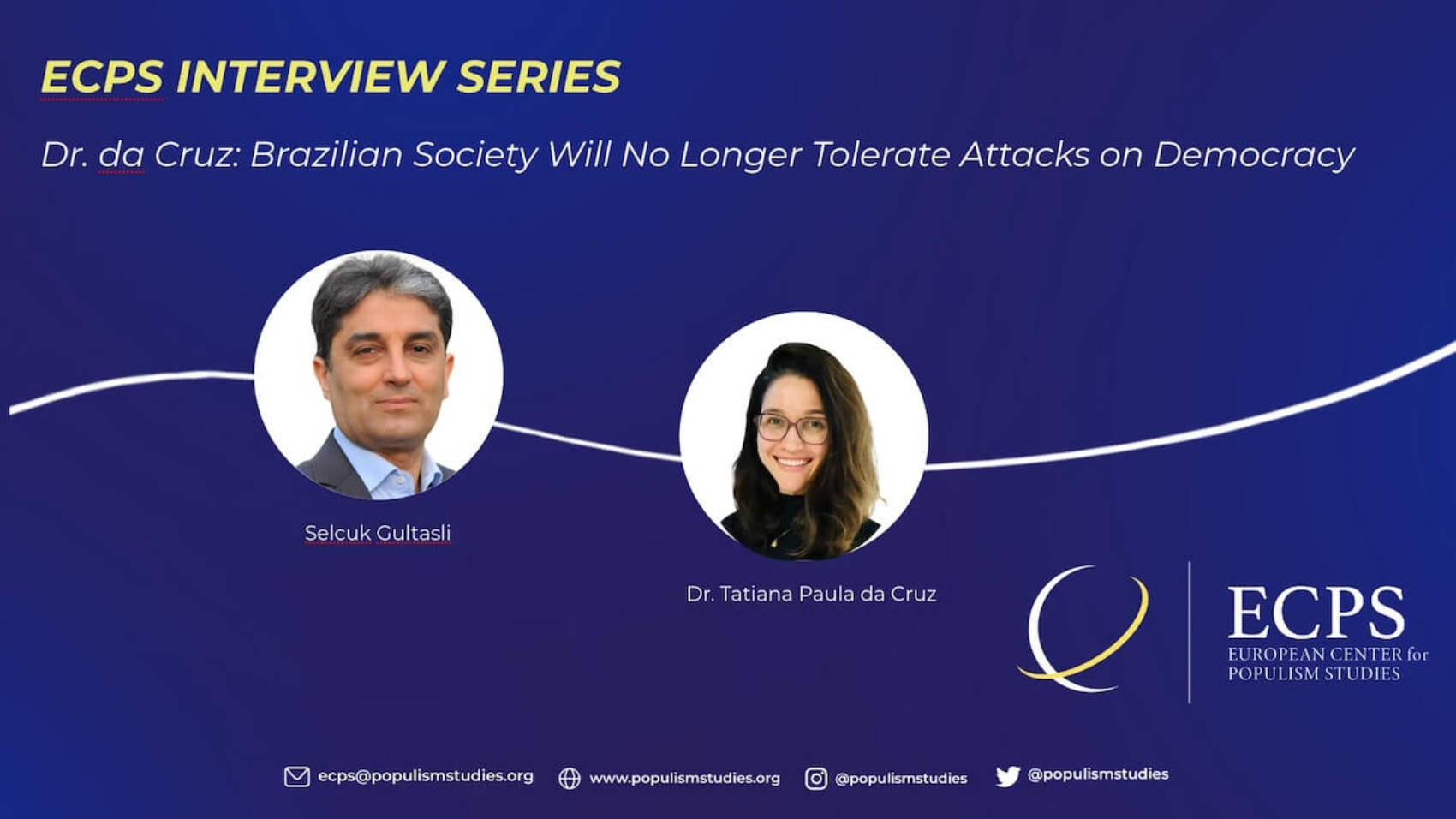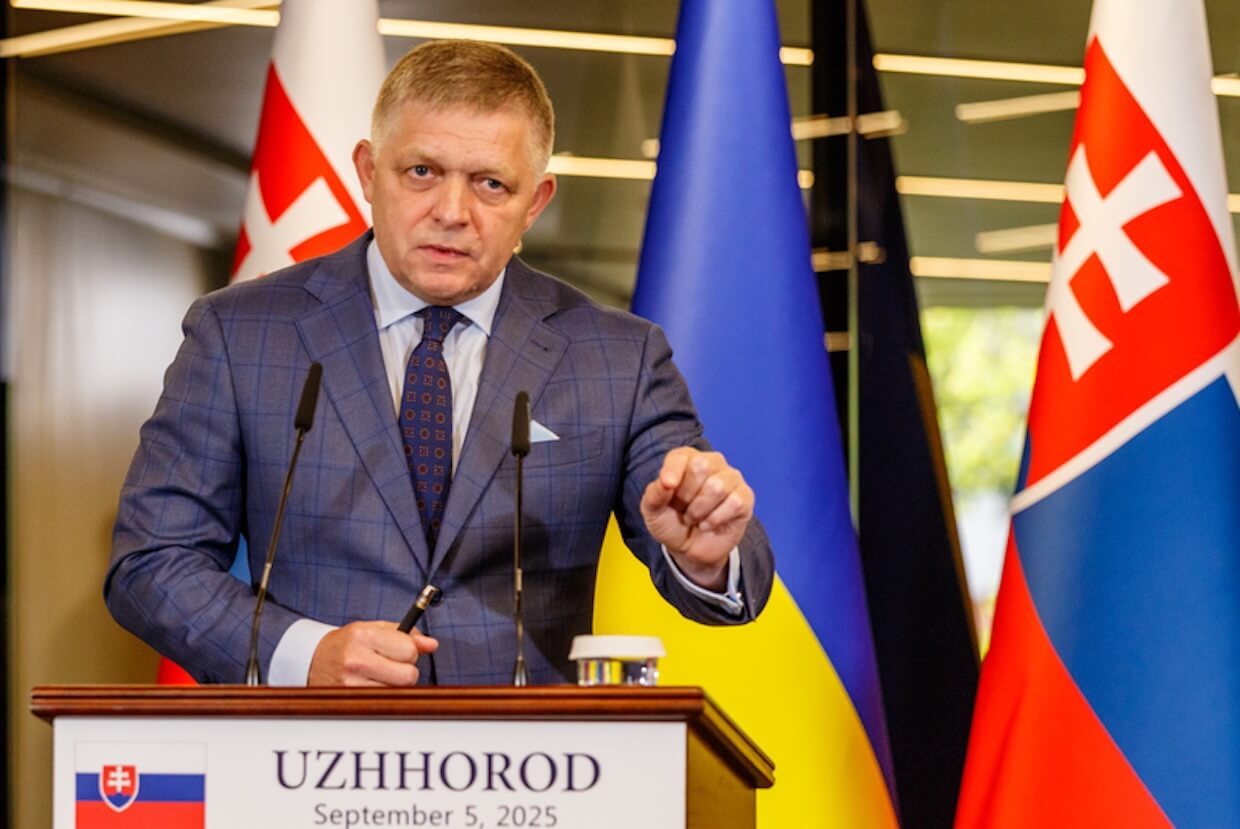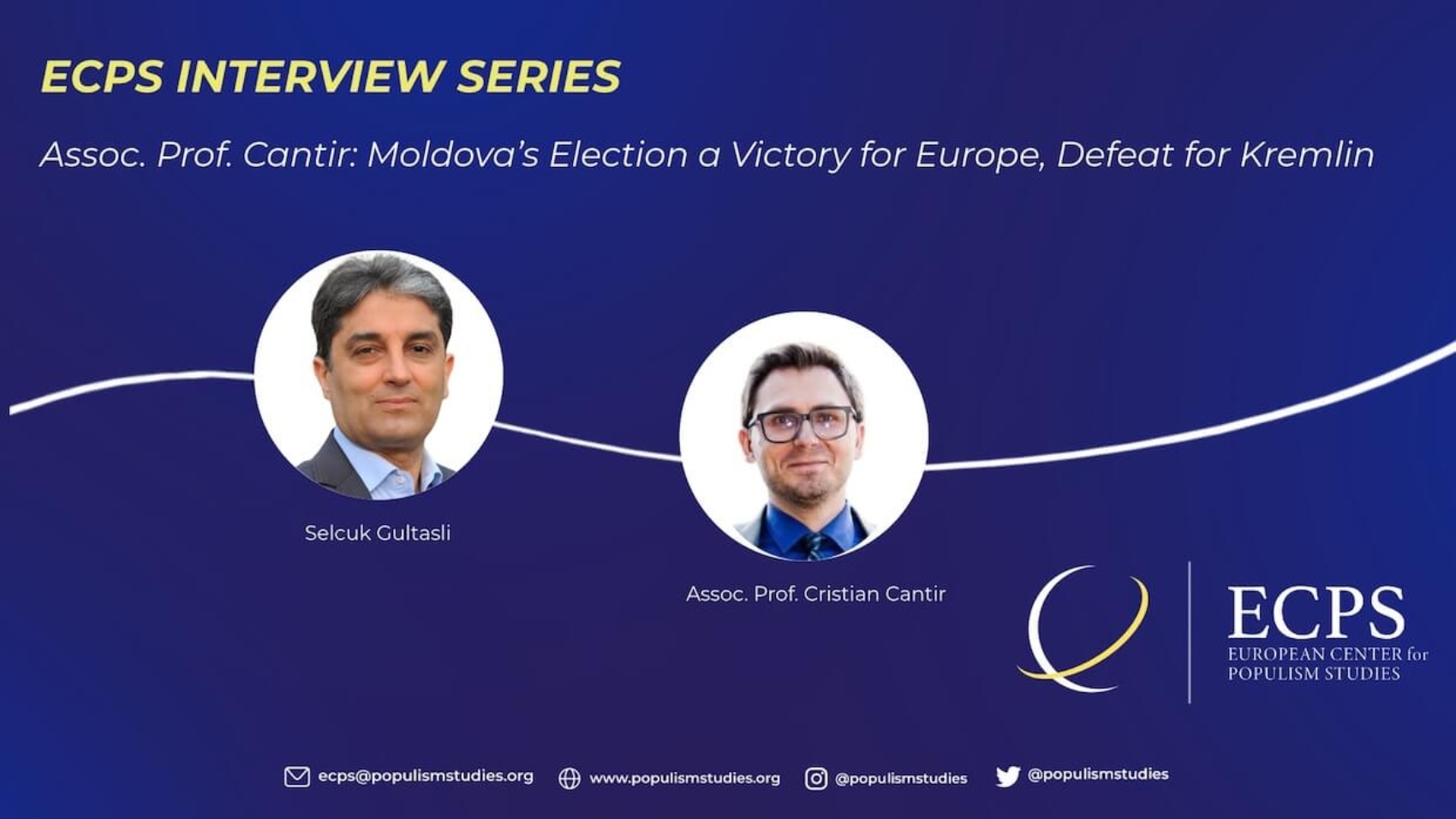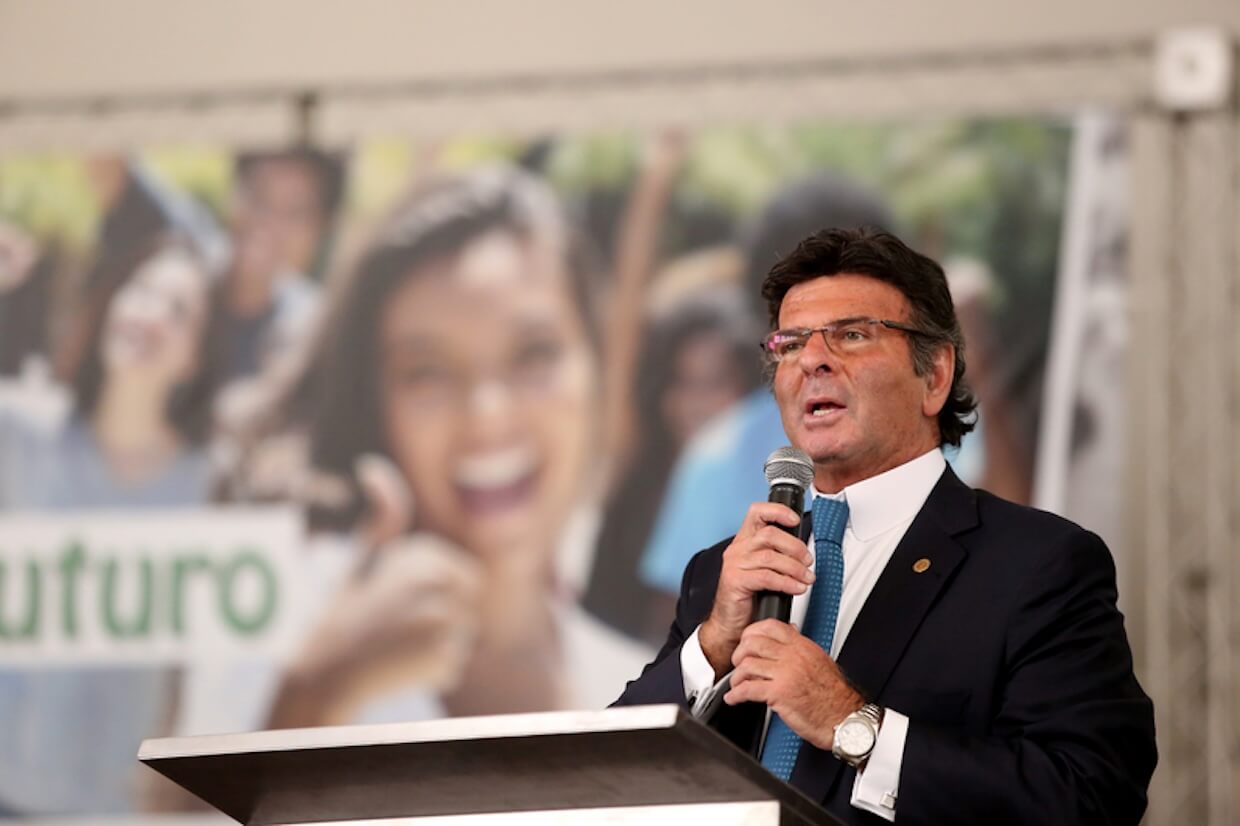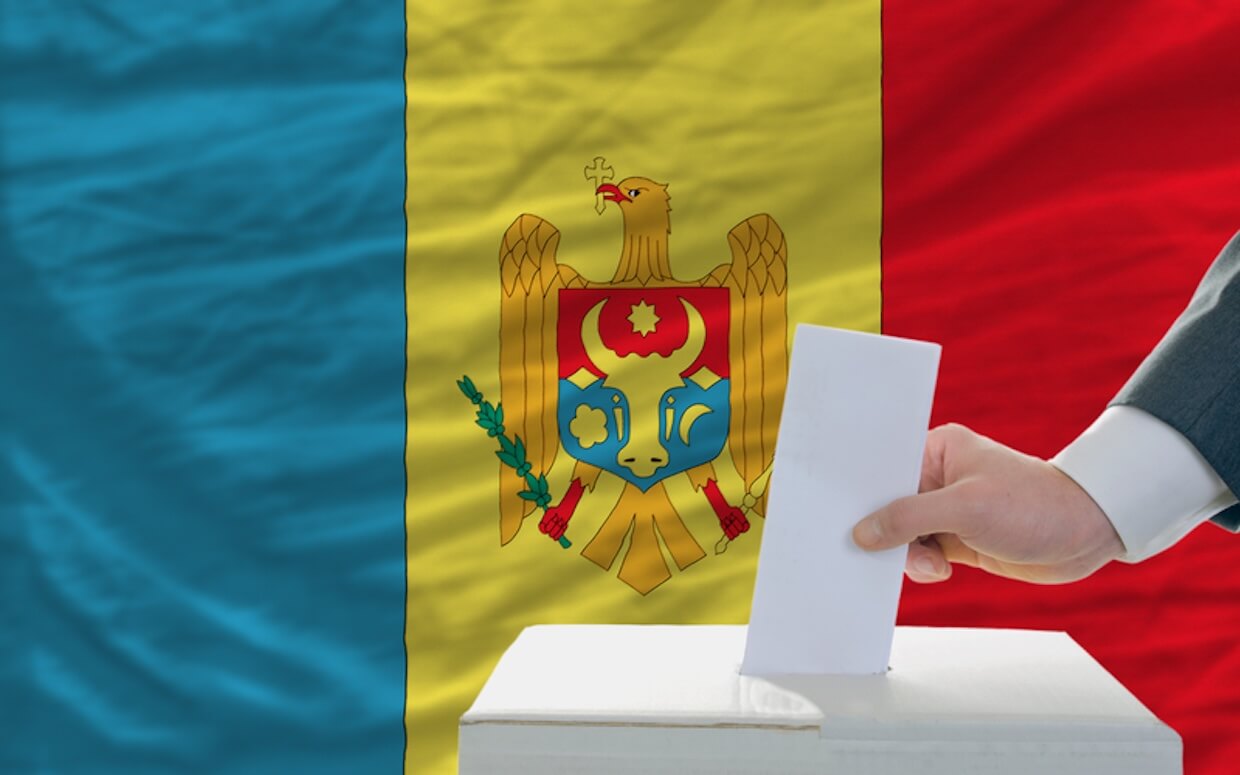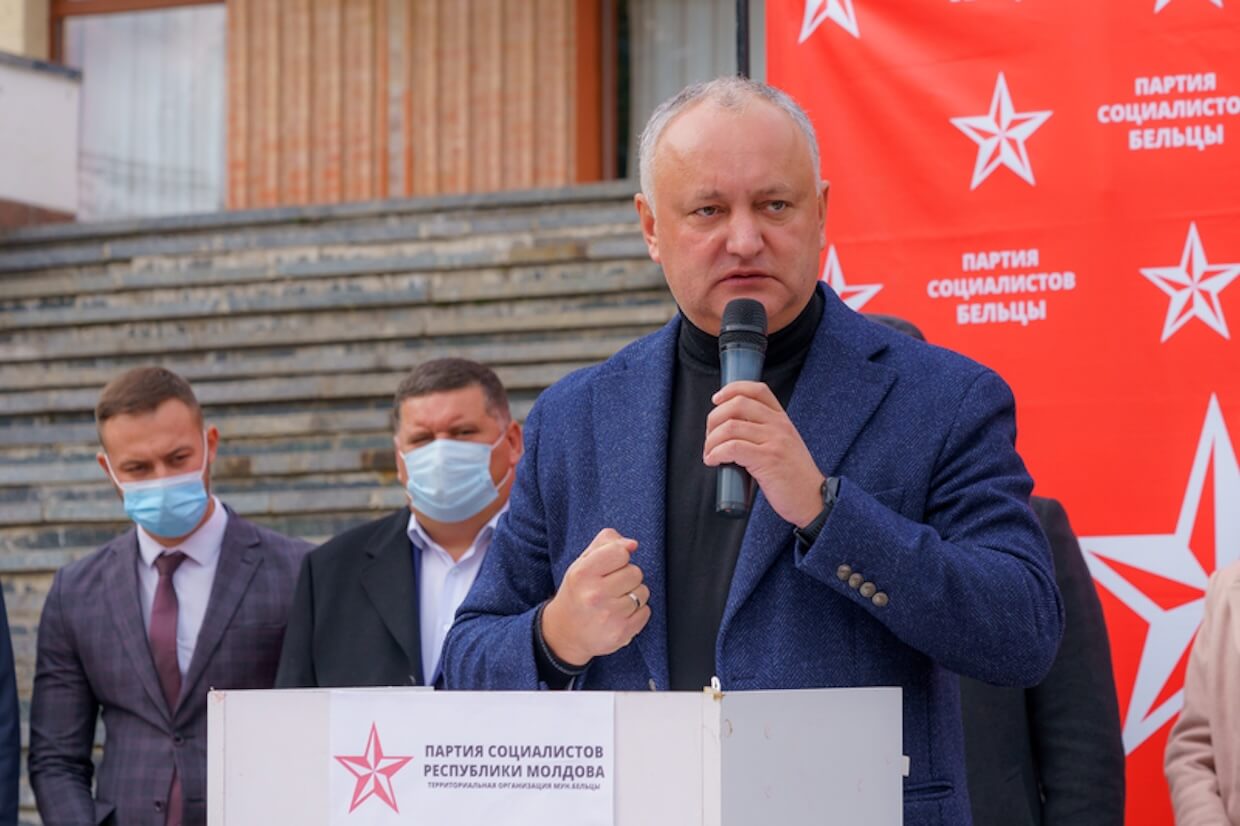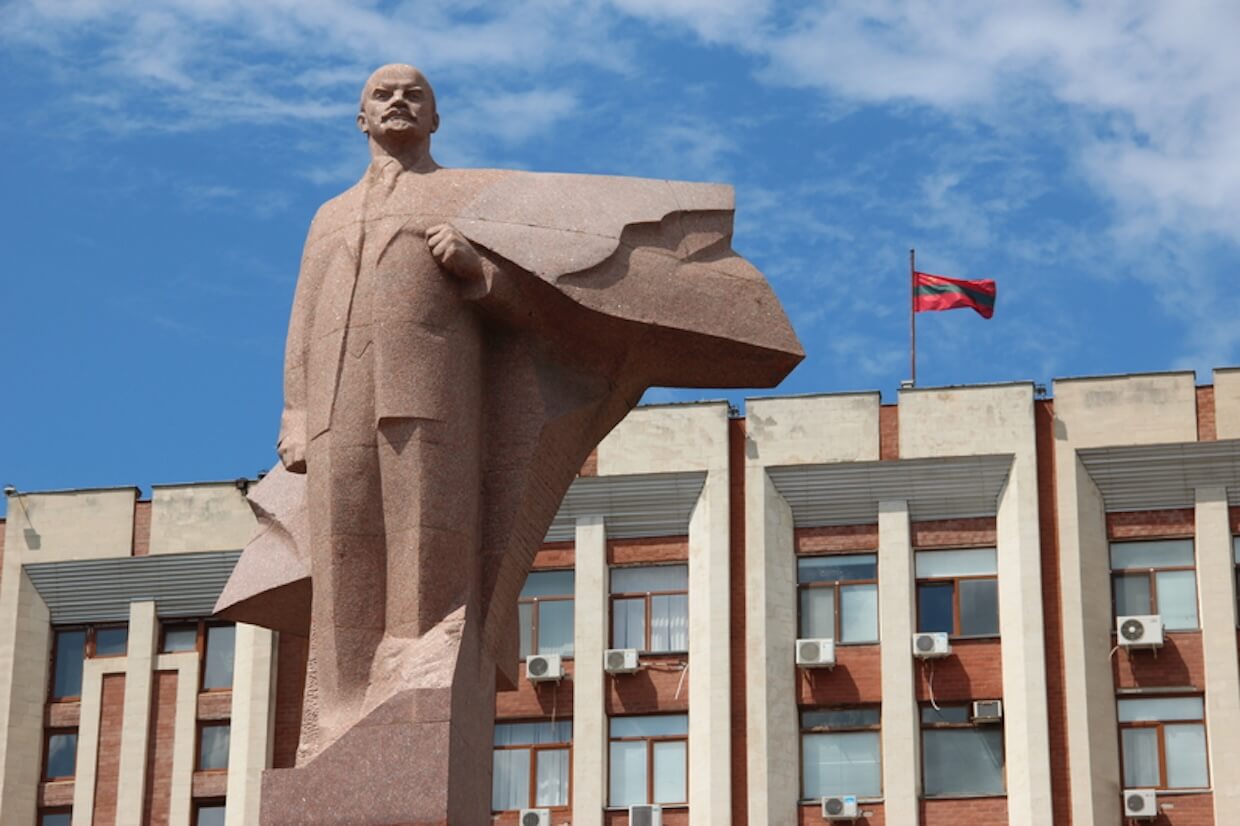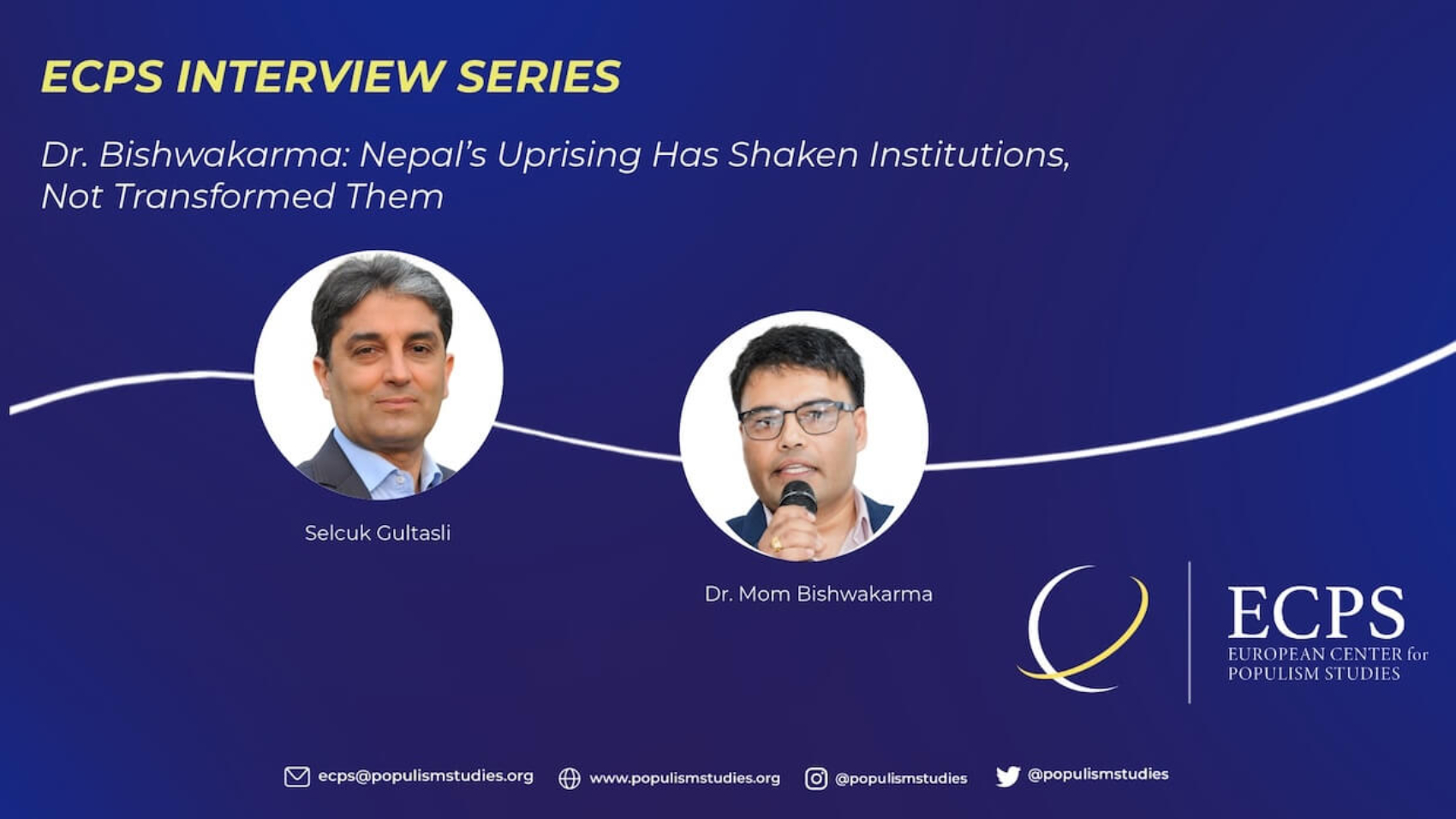On October 4, 2025, billionaire populist Andrej Babiš’s ANO party won the Czech parliamentary elections with just under 35% of the vote, setting the stage for coalition talks with two small right-wing, Eurosceptic parties. In this in-depth interview with ECPS, Professor Lenka Bustikova analyzes the implications of this outcome for Czech democracy and the broader Central European political landscape. Warning that “Babiš’s victory is a big win for illiberalism in Europe,” she explains how this election represents both a consolidation of illiberal forces and a strategic shift in Babiš’s populism—from managerialism to paternalism—raising concerns about democratic backsliding and Czechia’s future orientation within the EU.
Interview by Selcuk Gultasli
On October 4, 2025, billionaire populist Andrej Babiš’s ANO party won the Czech parliamentary elections with just under 35% of the vote, securing 80 of 200 seats—an increase from the previous election. Although short of a majority, Babiš is expected to lead coalition talks. His most likely allies are two small right-wing, Eurosceptic parties: the anti-Green Deal Motorists for Themselves and Tomio Okamura’s anti-immigrant Freedom and Direct Democracy (SPD). While ANO shares the Motorists’ opposition to EU emissions targets, relations with the SPD may prove more complicated due to internal divisions and radical demands. A new Babiš government would likely shift Czech foreign policy, notably by scrapping the Czech ammunition initiative supporting Ukraine.
Against this backdrop, Professor Lenka Bustikova, Director of the Center for European Studies and Professor of Political Science at the University of Florida, provides a detailed analysis of the political transformations currently unfolding in Czechia. In an interview with the European Center for Populism Studies (ECPS), she warns: “I’m very concerned. Despite the relatively moderate appeal, I do think that Babiš’s victory is a significant win for illiberals in the region. I do not think this will be a bloodbath for Czech democracy, but I do think there’s going to be a lot of bleeding. The patient will survive, but there will be a strong shift.”
Professor Bustikova situates the election within a broader pattern of democratic contestation in Central Europe, describing it as both a consolidation of the illiberal camp and a reconsolidation of the liberal camp. Drawing on her scholarship on technocratic populism, she explains how Babiš has evolved from presenting himself as a competent manager to positioning himself as a paternal figure promising redistribution and state-led solutions to economic grievances. His emphasis on managerial competence now interacts with sovereigntist and anti-Green Deal rhetoric, reflecting a hybrid populist strategy.
Crucially, Professor Bustikova underlines the significance of the far right’s role in the coalition-building process. “If this coalition emerges, it will be the first time in Czech history that the far right is either in coalition or silently supporting the government. That’s a huge breakthrough, and it’s very concerning,” she notes. This development, she argues, marks a major illiberal breakthrough, with potential implications for Czechia’s position in the EU.
Although Czechia retains strong institutional guardrails—including the presidency, the Senate, the Constitutional Court, and a pluralistic media environment—Professor Bustikova expects democratic quality to decline during Babiš’s tenure. Situating these developments in a regional perspective, she warns that the illiberal camp is “numerically much stronger,” making future liberal victories increasingly difficult.
Here is the edited transcript of our interview with Professor Lenka Bustikova, revised for clarity and flow.

Czech Elections Mark a Strategic Shift Toward Illiberalism
Professor Lenka Bustikova, thank you very much for joining our interview series. Let me start right away with the first question: In light of Andrej Babiš’s decisive electoral victory, how would you interpret the current realignment of Czech party politics? Does this signify a deeper structural shift toward sovereigntist populism, or is it a contingent backlash against liberal governance?
Professor Lenka Bustikova: Thank you for this wonderful and difficult question. I would say that I am not alarmed by the outcome of the Czech elections, but I’m certainly concerned. What happened in this election—and many others have commented on it as well—is the consolidation of two camps. I would call them liberal and illiberal, because what the previous or outgoing government offered was not a particularly liberal government.
In this election, Andrej Babiš and his party, ANO, very successfully and skillfully consolidated voters who are unhappy, struggling, insecure, and also revengeful—and he did so effectively. The encouraging news about the Czech elections is that, in the previous election, about one million votes were wasted on smaller anti-system parties. This time, it was only 400,000. Babiš managed to unite this “coalition of the unhappy” and those seeking change, and he did it well. That camp has now consolidated, will have a voice, and will act as an accountability mechanism.
The liberal camp actually did quite well; the electoral math just didn’t work in their favor as it did four years ago. They were punished for not delivering on certain issues. They could have implemented progressive policies that wouldn’t have cost them much, but they didn’t—partly due to tensions within the coalition. They could have been more proactive on LGBTQ rights, registered partnerships, and perhaps on women’s rights.
More importantly, voters were facing a country with high inflation and high debt. The government did all it could, but it wasn’t enough. While the macroeconomic statistics in the Czech Republic are quite favorable, the government failed to communicate this effectively and neglected key economic issues, such as the housing crisis, that required greater attention. The outgoing coalition also continued to embody a kind of 1990s economic approach—loyal to an era that many voters now question and want to move beyond.
Overall, this election represents both a consolidation of the illiberal camp and a reconsolidation of the liberal camp. What we are seeing—in the Czech Republic and elsewhere—is that the illiberal camp is much stronger. If these patterns of consolidation continue, it will become increasingly difficult for the liberal camp to win elections. This is a major challenge in many countries today.
From Technocrat to ‘Big Daddy’ Populist
Drawing on your concept of technocratic populism, how does Babiš’s blend of managerialism and anti-elite rhetoric differ from classical populist radical right movements in Central Europe? Has this hybrid model evolved since his first premiership (2017–2021)?
Professor Lenka Bustikova: When we wrote the article with Professor Petra Guasti on technocratic populism, we conceived of it as an ideal type—and, of course, every ideal type, when faced with reality, becomes a bit murky and messy. In the original classification, technocratic populism in its pure form did not involve culture wars, nativism, or sovereigntism. It was about the populist utilization of expertise to win elections.
Babiš, who is a very flexible and savvy politician, has certainly evolved. Especially during the 2023 presidential elections, we saw him significantly amplify his nativist appeal—it was quite remarkable. But then he softened his rhetoric again. In the current election, he and his party, ANO, have toned it down.
We also see a shift away from the original technocratic populist model and its managerial appeal. When he first ran, he presented himself as a competent manager. Now, he positions himself more as a “big daddy” figure who will take care of things and spend generously on his constituents. The party he originally founded was fiscally conservative, advocating for running the state efficiently like a firm. That is no longer the platform. The current platform focuses on redistribution and targeted spending toward core constituencies.
This has little to do with efficiency, even though one of his electoral appeals is that the previous coalition was ineffective at managing economic problems—and there is certainly some truth to that. In many ways, this election has centered on pocketbook concerns, poverty, and voters in economically disadvantaged regions. Babiš and ANO have managed to mobilize these voters very successfully and effectively.
Sovereigntist Rhetoric, Pragmatic Strategy
Given Babiš’s membership in the Patriots for Europe and his critiques of the Green Deal, how do you assess the interplay between sovereigntist populism in Czechia and EU-level constraints? Are we witnessing a gradual erosion of the EU’s leverage over domestic political agendas?
Professor Lenka Bustikova: We certainly see that the European Union either lacks the instruments or is unwilling to use the instruments at hand to deal with autocratic or illiberal leaders, unfortunately. Babiš is a very pragmatic politician. He will criticize the Green Deal, but if, for instance, his agro-federate firm can benefit from it, I’m sure he would be open to discussions. One important aspect of the Green Deal debate is the likely involvement of the Motorists party, which is expected to be part of the future coalition and absolutely opposes the Green Deal. There is even a possibility that this party will get the environment portfolio, which would certainly lead to a strong pushback against the Green Deal from the incoming coalition.
The coalition negotiations have just started and will take some time, but resistance is almost certain. However, Babiš, being highly pragmatic, will likely oppose the Green Deal selectively, in ways that suit his political agenda, while also accommodating his coalition partners. I’m sure he will navigate this very skillfully, as part of the Green Deal is rhetorical, but there are also technical aspects that will not be easy to roll back.
A Volatile Marriage of Convenience
If Babiš succeeds in forming a minority government backed by SPD and Motorists, how might this affect the strategic behavior of far-right actors? Does your research on illiberal alliances suggest a stable coalition or a volatile marriage of convenience?
Professor Lenka Bustikova: The negotiations have just started, and one possibility is a coalition of ANO, led by Andrej Babiš, and Motorists. It’s not clear whether the far-right party—Tomio Okamura’s party—or its 10 plus 5 MPs will be part of the government or whether they will silently support the coalition from parliament. It’s possible that, for the far right, Babiš will ask them to nominate experts.
This is likely to be a volatile coalition, but Babiš has shown in the past that he can handle coalitions very well. In fact, anyone considering entering a coalition with Andrej Babiš should be very cautious. Babiš was once in a coalition with the Social Democrats, and he completely destroyed them, siphoning off all their voters. They are basically gone, especially after this election—a dead party for which Babiš can take much of the credit.
The SPD should really think twice about how to approach this future coalition relationship because the election results have shown that Babiš can very skillfully siphon off far-right voters as well. He is a highly strategic politician who has effectively cannibalized his coalition partners in the past.
With Motorists, there are likely to be some tensions. It’s not a stable party; it’s built around a few personalities. The biggest source of tension in the coalition will probably concern budget balance. The party of Motorists is, in a way, the intellectual child of former President Václav Klaus. They want to keep balanced budgets—an idea that has already been signaled as completely unrealistic. There may be some initial friction, but it’s likely they will get over it quickly.
Babiš is one of the most talented politicians in the Czech Republic today, and I expect he will handle this situation quite effectively, using a combination of arm-twisting and incentives. I suspect he will be very successful.
Okamura Overshoots, Babiš Benefits

The SPD underperformed compared to expectations. How do you explain the resilience of Babiš’s populist appeal despite the presence of established far-right actors? Does this reflect a mainstreaming of radical right discourse in Czech politics?
Professor Lenka Bustikova: Okamura underperformed—his party underperformed. Moreover, he has a group of very undisciplined MPs because, in fact, he had three other parties in the coalition, so he has five MPs who are more like coalition MPs than SPD members. He is no longer an authentic politician. Many far-right voters, including those from other parties, no longer see him as a credible nativist fighter—that’s one aspect. But also, he is too extreme for the Czech context. He ran a very vitriolic, pro-Russian campaign and openly declared that he would like the Czech Republic to leave NATO and the European Union. Czech voters absolutely do not have the stomach for that, so he overshot. This is simply too extreme.
As Aleš Michal, one Czech political scientist, insightfully observed, the mobilization against the far right led by the pro-democratic parties and the coalition Together—when they warned Czech voters against parties that would steer the country towards Russia—actually worked. Anti-system and far-right or far-left voters moved under the umbrella of ANO. So, in a way, the strategy worked, but it did not help the coalition Together—it helped Babiš.
Another important aspect is that during the presidential elections, which Babiš lost but which were highly polarized, he managed to attract a significant number of far-right voters. In 2023, these voters grew accustomed to the idea of voting for him. So, although he lost the presidential election, it helped him enormously in this election, as he became an acceptable alternative for the far right.
Cultural Issues Trigger Policy Backlash
In your work on the “Revenge of the Radical Right,” you emphasize how minority accommodation can trigger backlash. To what extent are current Czech political dynamics shaped by cultural issues (e.g., LGBTQ+ rights, immigration, Ukrainian refugees) rather than economic grievances?
Professor Lenka Bustikova: I’ve thought about these issues quite a bit because I do think that with a lot of foreign mobilization today, the appeal of ethnic issues is somewhat subdued. I also have one or two articles with Professor Petra Guasti where we speculate about this. The logic of the book is that backlash ensues after the accommodation of minorities—it’s a backlash against elevating groups and putting forward policies that help them. In that sense, the logic of backlash applies here as well. In the Czech Republic, when you consider the status quo and the pursuit of policies that were genuinely beneficial to Ukrainian refugees, you can anticipate an ensuing backlash. Ukrainian refugees are no longer as warmly welcomed as they once were. There have also been many attempts to advance more robust legislation to protect women against rape and sexual assault, as well as attempts to codify the Istanbul Convention. These are all policies that, in a way, shift the balance of power or policy direction, and we have seen backlash as a result. Similarly, the LGBTQ community is hoping to increase their rights. Much of the public is quite open to this possibility, but the process of getting there involves shifting the balance and policies. Once that happens, advocates on the opposing side are naturally activated. So, I do think the policy backlash logic applies here as well.
Recent scholarship highlights the rise of confessional illiberalism across Central Europe. Do you see religiously inflected sovereigntism gaining ground in Czechia, or does the country’s secular legacy limit this trajectory compared to Hungary and Poland?
Professor Lenka Bustikova: This is an excellent question. It refers to a recent article that I’ve written with Lottam Halevi, who is now at the University of Constance. One important thing to keep in mind is that much of the mobilization around religious issues is actually a mobilization of political identity. It is not necessarily the case that more religiously infused countries will experience a higher mobilization of religious identity or religious activity as political identity. Czechia is a very secular country. However, we do see issues around transgender rights or some LGBTQ questions being framed in ways that are very similar to Hungary and Poland. The culture wars are nowhere near as fierce as in neighboring countries, but the country could potentially develop its own mini culture wars.
Another important point is that in the Czech Republic, the Christian Democratic Party is firmly in a coalition and belongs to the liberal or pro-democratic camp. As long as they remain on the side of parties that respect the rule of law, this creates a kind of firewall against the politicization of some of these issues. Nevertheless, we have seen signs of this dynamic even in a country as secular as the Czech Republic.
Culture Wars Remain Underutilized in Czech Politics
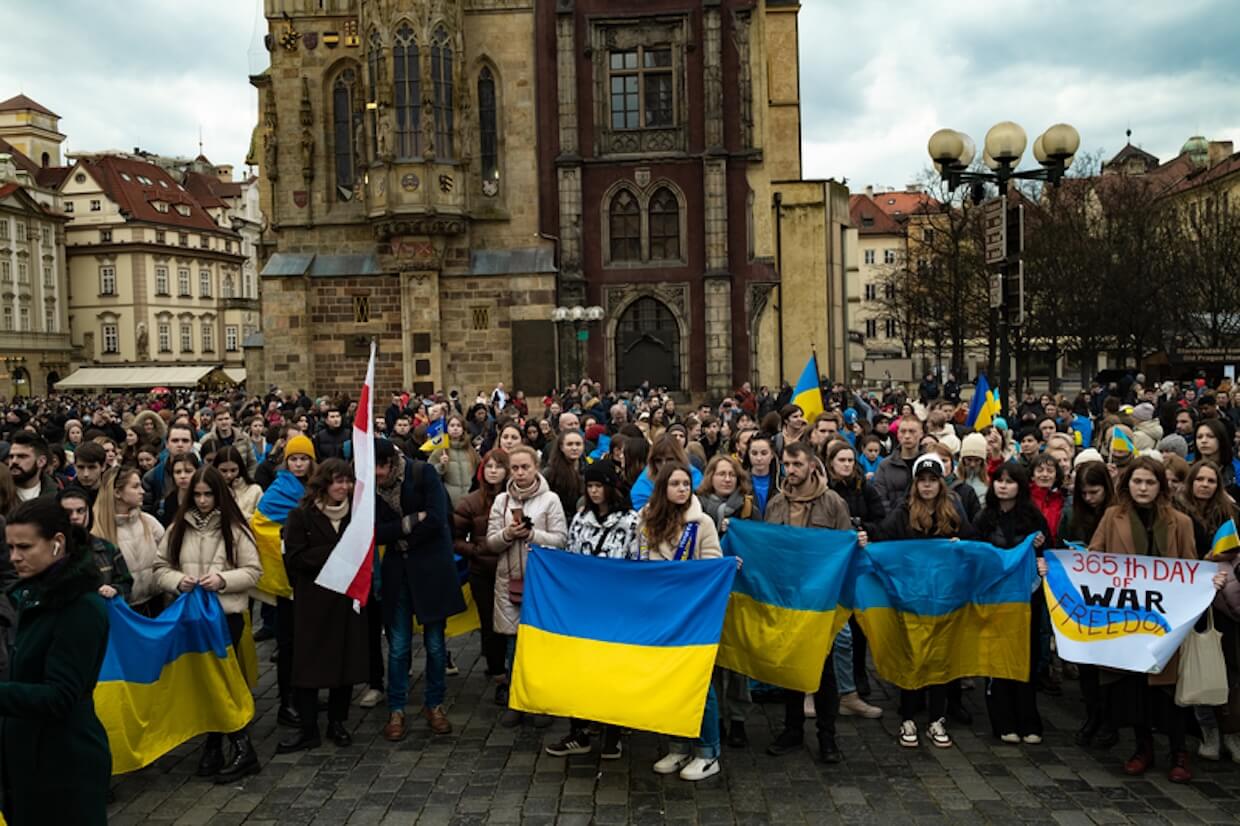
Your article “In Europe’s Closet” discusses how minority rights can catalyze illiberal backlash. Are Czech populist and far-right actors increasingly weaponizing LGBTQ+ issues as part of their sovereigntist narratives? How does this compare to developments in Slovakia or Poland?
Professor Lenka Bustikova: Suddenly, these issues are high on the agenda in Slovakia and Poland, even though in Poland some LGBTQ issues are not as salient as they were a few years ago. However, we do see narratives about protecting children against transgenderism emerging. This rhetoric often appears as part of anti-EU, Euroskeptic discourse—telling people what to do, how to raise their children, promoting a progressive agenda around women, or framing gender rights as a threat to traditional families. The offshoots of these narratives are present, though they are not a particularly dominant strain. Pocketbook issues largely dominated this election. So, the potential is there, but it remains underutilized. Moreover, the Catholic Church in the Czech Republic is quite restrained and does not enter into these debates in the way it does in Slovakia or Poland.
In your co-authored work on “Patronage, Trust, and State Capacity,” you argue that low bureaucratic trust fosters clientelism. How does this dynamic manifest in Babiš’s political strategy, especially considering his corporate background and patronage networks?
Professor Lenka Bustikova: Andrej Babiš cares about one thing only, and that’s his firm, Agrofert, and his political party is his firm. The party is not a regular party; it is a business project and a business offshoot. He has a huge conflict of interest, which nobody knows how he’s going to solve if he’s nominated as prime minister, because the Czech Republic doesn’t have an institute of blind trust. The conflict of interest will always be there because his firm, Agrofert, is a large recipient of state subsidies. That’s not necessarily patronage networks; it’s, in a way, making sure that the state is in a fantastic synergistic position with his firm. That is a particularity of his business background and the setup of the party. It is a vehicle for him to keep political power and be able to use state and EU subsidies, and the conflict of interest is just written all over him.
In terms of ANO as a party strategy, I would not necessarily define it as clientelism. What we saw when Babiš was in power, I would call targeted distribution—targeting pockets of voters, many of whom actually do need this targeting, and it is very beneficial to them. It involves picking out or dissecting groups that will be selected for state help, and again, the budget deficit is going to balloon. I don’t think that’s necessarily patronage, but it’s a targeted exchange that a lot of parties engage in, and it’s bread-and-butter politics. Having said that, aside from the targeted distribution, Babiš will make sure that his agglomerate benefits from him being prime minister again, which is a very likely scenario, as it seems now.
From Fiscal Conservatism to Programmatic Populism
Do you think Babiš’s economic promises—higher pensions, lower taxes, welfare expansion—should be understood as clientelistic appeals rooted in weak state capacity, or as programmatic populism aimed at reshaping public expectations?
Professor Lenka Bustikova: If I were to choose, I would really use more of a frame of programmatic populism or targeted distribution. We saw this between 2017–2021. What’s happening in the region now is that voter expectations have changed—and this applies to Poland and Slovakia as well—so that populist voters now expect redistribution and higher spending. If Babiš stays in power for four years, these expectations will become absolutely entrenched. There is a recent book on Poland by Ben Stanley that talks about this lock-in: basically, the transformation of the Polish party system in such a way that all voters now expect the next party in power to spend, no matter who that might be. If the current governing coalition ever comes back, they will have to do the same thing. They will not be able to promise balanced budgets. If they want to defeat Babiš four years from now, they will also have to promise spending. Good luck with the budgets, but there is a general entrenchment of voters expecting that the state needs to really open up the valves. It will probably have pretty bad long-term consequences, but nobody’s thinking long-term these days.
Given Babiš’s emphasis on managerial competence, how does technocratic rhetoric interact with populist radical right sovereigntist claims in his current coalition-building efforts?
Professor Lenka Bustikova: It’s going to be a big spending spree, and the Motorists will have to hold their noses. The far right really doesn’t care—actually, it supports spending as long as it’s spending on Czechs, or native spending, and not on Ukrainians or migrants. This is going to be a move from manager to, in a way, a paternal figure who is going to take care of everybody, including making appointments for colonoscopy. Part of the big appeal of Babiš was the emphasis on improving the healthcare system.
Having been quite critical about ANO, I do have to emphasize that it’s quite possible that some of the portfolios the coalition will control can be given to very competent people. In the previous government, ANO had some ministers or portfolios that were run quite well. For example, the Ministry of Education underwent some really good changes. It’s also possible that some of the infrastructure projects that started and need to be completed, or the huge shortage of housing stock—if Babiš can really deliver on these issues, that’s going to be very successful, rewarded, and it would benefit the country quite a bit. If he throws in managerial competence and delivers, that would be fantastic, and it’s possible that there might be some policy changes that can be done well and have long-term benefits. But I suspect a big spending spree and a very short-term horizon, given Babiš’s age. We’ll see.
A Historic Breakthrough for the Far Right
Analysts have warned that Babiš could align Czechia with Hungary and Slovakia, forming a sovereigntist bloc inside the EU. Do you view this as a tactical positioning or a substantive ideological shift toward illiberal governance?
Professor Lenka Bustikova: I’m very concerned. Despite the relatively moderate appeal, I do think that Babiš’s victory is a significant win for illiberals in the region. I do not think this will be a bloodbath for Czech democracy, but I do think there’s going to be a lot of bleeding. The patient will survive, but there will be a strong shift. Babiš is also very strategic. If he and his coalition partners drag him to some extreme positions, the Czech public may become accustomed to that. If this coalition emerges, it will be the first time in Czech history that the far right is either in coalition or silently supporting the government. That’s a huge breakthrough, and it’s very concerning. The Motorists are not an extreme party, but they are certainly not rooting for the European rule of law and liberal democratic values. This is very troubling, and it’s a big win for illiberalism in Europe. Babiš’s victory is undoubtedly a big win for illiberalism.
Guardrails Exist, But Democratic Quality May Decline
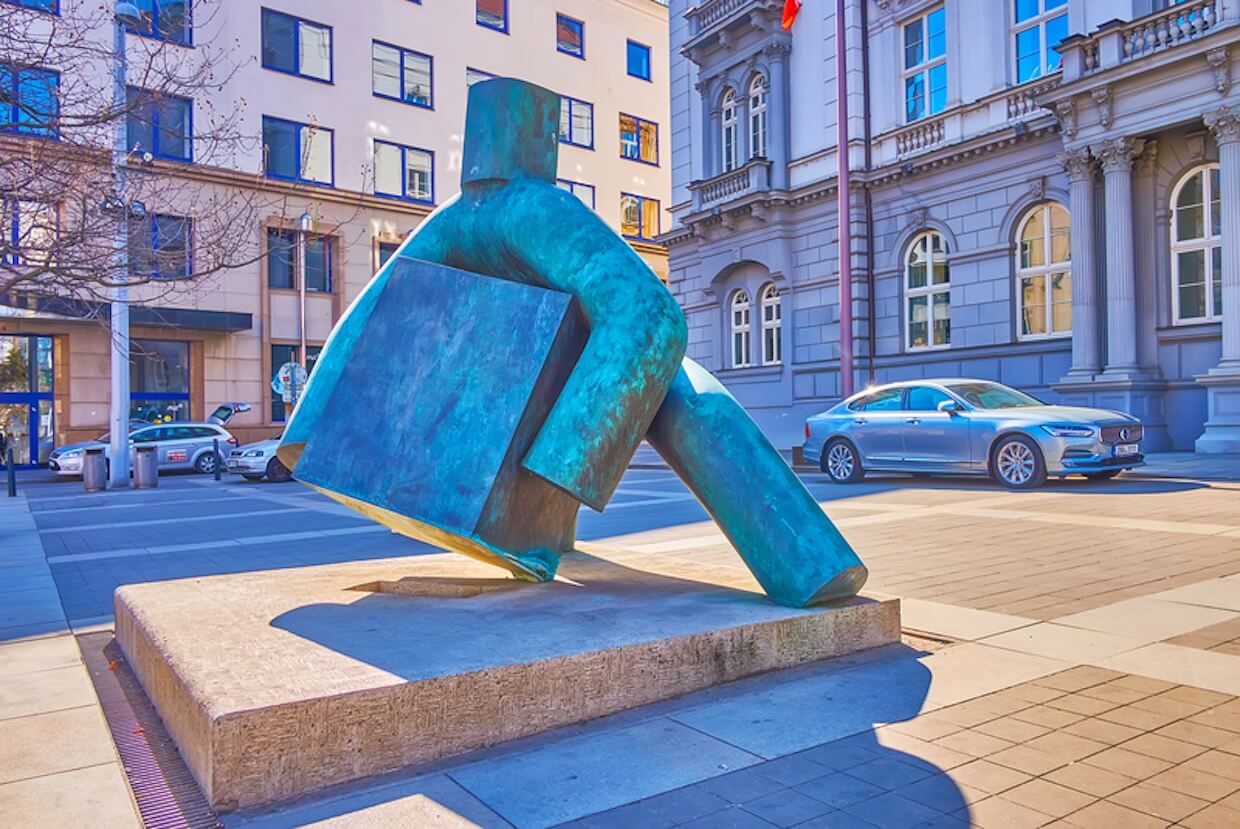
What are the potential institutional guardrails against democratic backsliding in Czechia, and how do they compare to Hungary and Slovakia during their own illiberal turns?
Professor Lenka Bustikova: There are a lot of guardrails. The most important actor is the current president, Petr Pavel. He can veto, he can play a huge informal role, and he will have to think very carefully about whether the future prime minister is going to violate the law by being in a position of conflict of interest. This is going to be a hard puzzle to solve. The Czech president is a pro-democratic, centrist figure with good temperament and very high levels of popularity.
The second guardrail is the second chamber, which Slovakia does not have. The Czech Senate is still dominated by so-called liberal or pro-democratic parties. There are a lot of roadblocks. Another institution that’s quite important is the Constitutional Court, which has saved Czech democracy many times. That’s also significant.
The media in the Czech Republic have been independent. Babiš is going to go after Czech Television and Czech Radio, but the country has a robust, pluralistic media scene. It might change, but that’s an important characteristic.
Czech civil society is quite active, although one has to be very careful about what mobilization means. For example, work by Petra Guasti and Aleš Michal showed that populists are sometimes much better at mobilizing. This election has shown that people can be mobilized for and against democracy, or for liberal or illiberal causes. This time, the election mobilized the illiberals more, but there were other elections in the past when the pro-democratic camp was mobilized quite well. Civil society is active. It pays attention.
So, there is hope, but I do expect that the quality of Czech democracy will decline during this period because of disrespect for the rule of law. Babiš does not like the rule of law, and his coalition partners are either extremists or at the fringe of the mainstream. Another thing I would like to mention is that one of the leaders of the Motorist Party has accusations of domestic abuse filed against him. In terms of signaling the moral integrity of political leaders, this also doesn’t bode well for appointing people with questionable moral standing to very high positions of power.
Swerve for Now, But the Future Looks Troubling
Finally, situating Czechia within the broader Central European context, do you see the current developments as part of a cyclical populist wave or a deeper structural illiberal swerve, as discussed in “The Illiberal Turn or Swerve in Central Europe?”
Professor Lenka Bustikova: At this moment, I expect that this is going to be four years’ worth, but I don’t know what’s going to happen at the end of these four years, because what we see in other countries is that when the 2.0 comes back—when populists return to power—they are much more effective. They know what to do, they have their playbooks ready, they have done this before, they are much more revengeful, aggressive, and they know how to get things done. So I expect that Babiš will weaken the rule of law and definitely try to weaken some of the guardrails. I do think that the coalition partners will certainly drag the country more towards the East than towards the West. The real question is going to be: after four years, is there anyone who will be able to beat them? It’s going to be very difficult because this consolidation of camps shows that the illiberal camp is simply numerically much stronger. Either they’ll have to make some terrible mistakes—which they will—and the voters may forgive them or may not, or the liberal camp will have to grow, and we see in other countries that it is a very steep hill to climb. So, swerve for now, but I am very concerned about the future.


